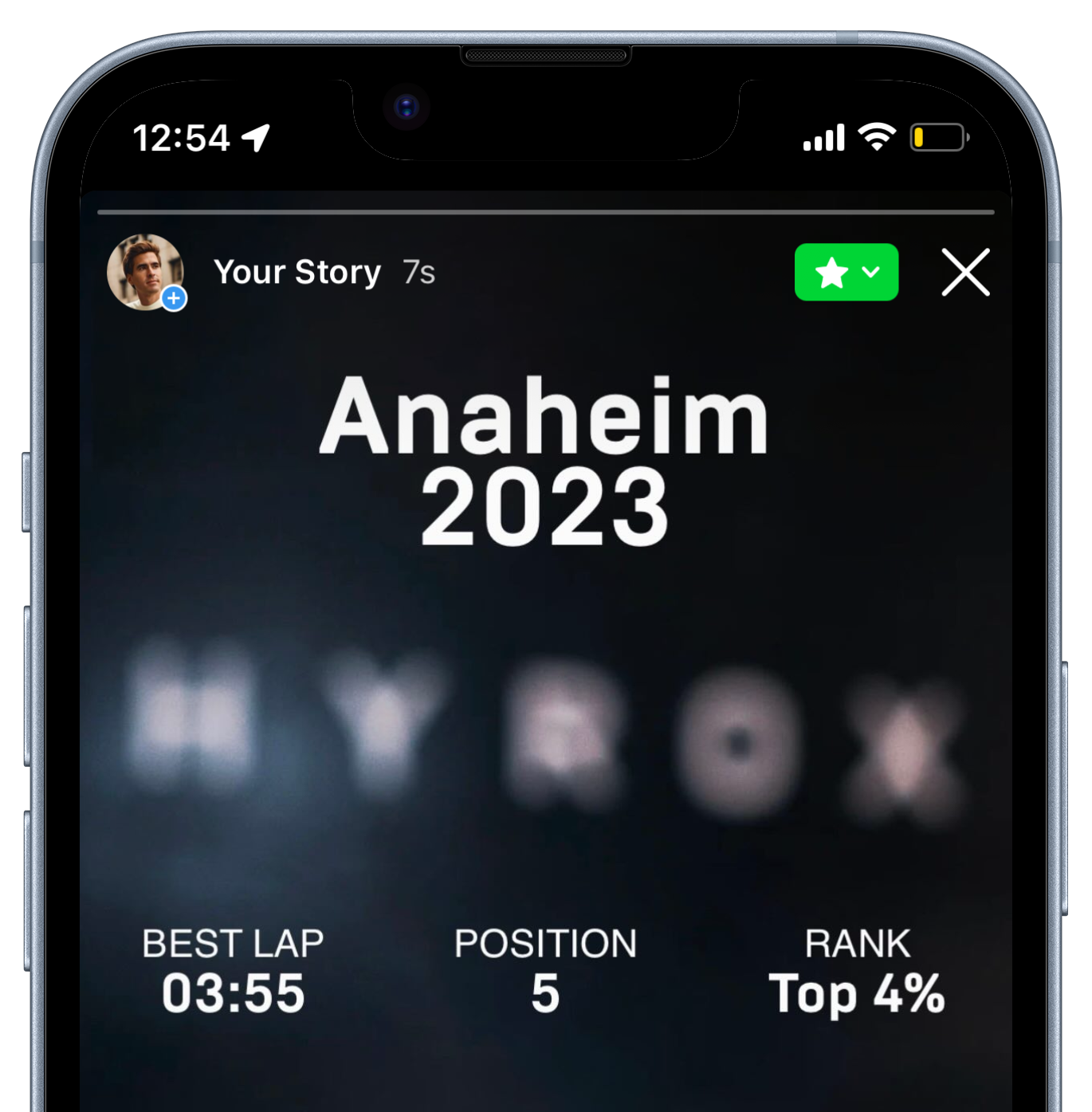Fearon Chris
Performance Analysis
Dive into the performance of this athlete for 2024 Glasgow with this analyzer. We look at the performance of similar athletes to assess where are the weakness and the strengths of this athlete.
For this specific race, our analysis is based on the performance of
1000 similar athletes.
Running
We compare the athlete's running times with peers who have similar finish times.
Each segment’s time difference is highlighted: green for faster segments, red for slower ones.
This gives a clear view of strengths and areas to improve, tailored to relevant performance peers.
Workouts
We break down workout times by comparing the athlete’s performance to others with matching finish times.
Each workout segment displays a time difference: green for quicker and red for slower, offering a targeted look at competitive strengths and areas to refine.
Pacing Quality
This section showcases the entire Fearon Chris's performance at each station and run segment compared to the average.
It reveals strengths and areas for improvement, providing insights into how the athlete's times stack up against typical HYROX competitors.
In HYROX racing, pacing is crucial. The pacing line highlights Fearon Chris's pacing strategy, identifying segments where they may have started too fast (line below 0) or too slow (line above 0), guiding them toward a more balanced race approach.
Spread of Splits Time
This box plot illustrates the spread of splits for similar athletes, providing a visual representation of the distribution of times for each split.
Use this chart to compare the Fearon Chris's performance against the competition, identifying areas of strength and those needing improvement.
The chart include Top 10%, 25%, Median, and Bottom 25%, 10% of the distribution.
Improvement Plan
Based on our analysis, here are the focus areas for improvement. We looked at the results of similar athletes
to determine how quickly the athlete could improve on some stations and where is the path of least resistance to improve Fearon Chris's time.
The percentile rank is the current position of the athlete compared to the competition. It goes from 0 to 100, where 0 is the best and 100 is the worst.
It show the potential improvement for each station. The athlete should focus on the stations with the highest potential improvement and the biggest duration.
A big improvement in the Farmer's carry station will not be as impactful as a small improvement in the wall ball station for instance.
Just click on a station to see how easy it will be to improve and how important it is to focus on it during training.
Ready to conquer your next race?
Unlock your potential with our pace calculator tool, designed to help you craft your ideal race splits and propel yourself to new heights.
Pace Calculator
Embrace Your Post-Race Recovery Journey
Discover the art of recovery with our expert tips. Tailored for Hyrox athletes, our guide ensures you rejuvenate effectively and return stronger for your next challenge.
Start My Recovery Plan
